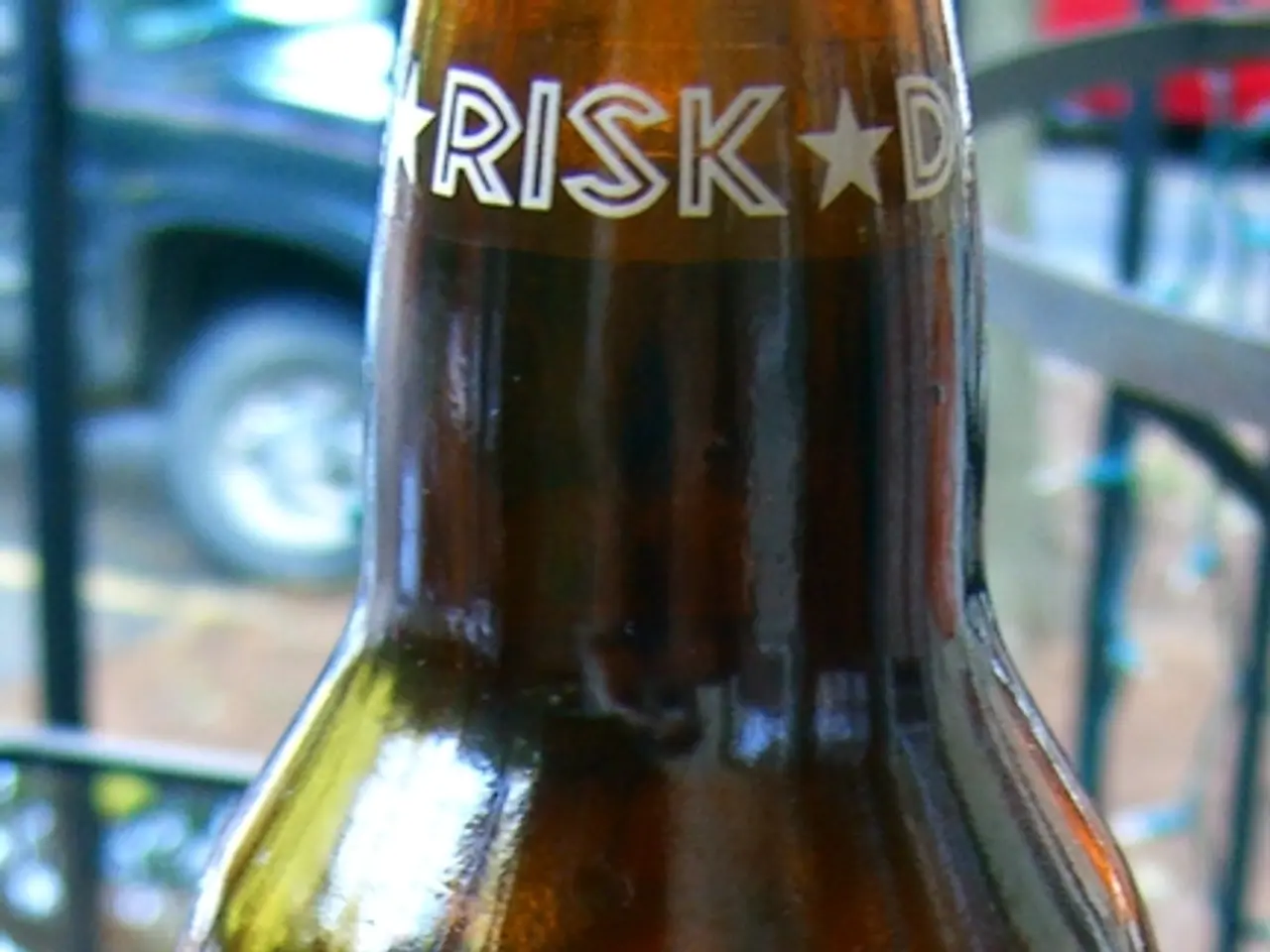Rare 'Broken Heart Syndrome' Explained by Pioneer Dr. Hikaru Sato
A condition known as 'broken heart syndrome', or stress cardiomyopathy, has been studied by Dr. Hikaru Sato, who coined the term. This rare but serious response to intense emotional stress can mimic a heart attack, though it's not caused by blocked arteries.
First recorded in 1990, stress cardiomyopathy has become more commonly diagnosed. It occurs when fear or other extreme emotions trigger the body's 'fight-or-flight' response. This can lead to a rapid heart rate, increased blood pressure, and elevated blood glucose levels. In some cases, it can cause arrhythmia, constriction of blood vessels, or spasms, leading to a decline or failure in heart function. Though it can be reversible, in rare instances, it may result in sudden death. Living with limited stress triggers can help avoid sudden heart conditions, as being scared in general is not dangerous.
Dr. Sato's research has shed light on cardiomyopathy, a condition that can be triggered by intense emotional stress. While fear itself is not dangerous, understanding and managing stress triggers can help prevent sudden heart conditions. If you experience symptoms similar to a heart attack, seek immediate medical attention.
Read also:
- Inadequate supply of accessible housing overlooks London's disabled community
- Strange discovery in EU: Rabbits found with unusual appendages resembling tentacles on their heads
- Duration of a Travelling Blood Clot: Time Scale Explained
- Fainting versus Seizures: Overlaps, Distinctions, and Proper Responses






